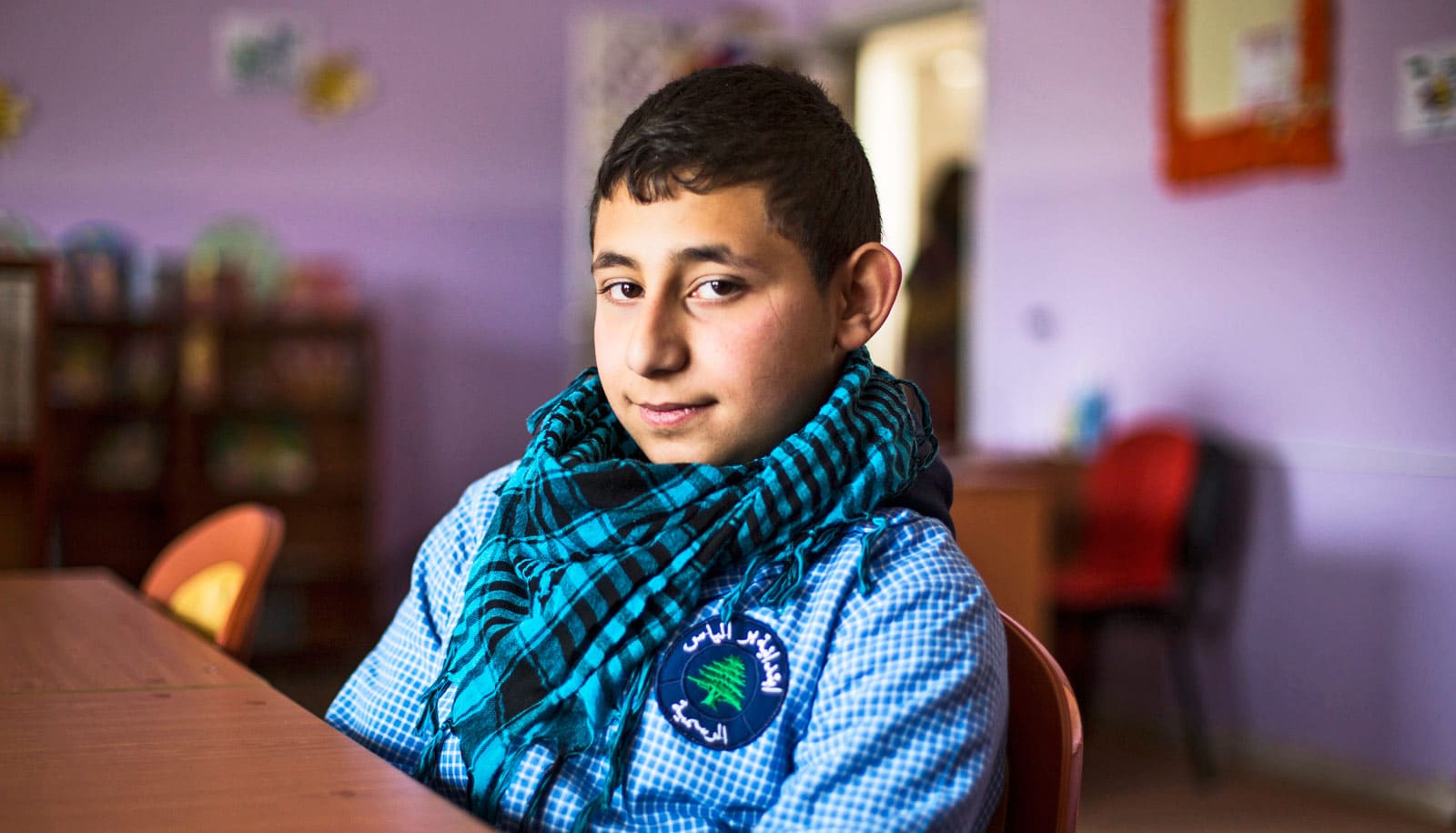Major stressful events—even brief ones—can have lasting effects, two new studies with birds suggest.
Researchers used tree swallows and an innovative study design to uncover long-term consequences of such passing but major stressful events. Both studies provide information, not only on the long-term effects, but on why some people are more susceptible to those impacts than others.
“We aren’t looking at humans in either of these studies, but this research certainly could have implications for how humans respond to stress,” says first author Maren Vitousek, assistant professor in the ecology and evolutionary biology department at Cornell University.
“The basic way that most vertebrates respond to stress is quite similar. We often see similar things predicting stress resilience in humans and in other animals.”
Stress resilience
For the first study, which appears in Proceedings of the Royal Society B, researchers developed a method for manipulating hormone levels in free-living birds: They dissolved a stress hormone (glucocorticoid) in a gel and put it on eggs in tree swallow nests. The females, the only ones who incubate, absorbed the hormone through their skin. Researchers gave them five separate doses for an hour each early in their reproductive periods.
“Individuals that are more naturally stress resilient are those that are better able to turn off this response to begin with.”
After absorbing the hormone, females fed their offspring at lower rates once they hatched, which led to much smaller offspring compared to two types of controls (one type with gel but no hormone on an egg and the other undisturbed). The smaller offspring in turn had lower survival rates.
“The take-home message here is that the hormones that birds would be exposed to if they had a short-term stressor do have these long-term effects,” Vitousek says.
Further, birds exposed to higher doses of glucocorticoid were more likely to endure lingering impacts, she says. This suggests that individuals who naturally mount a stronger hormonal response to brief challenges may be at greater risk of suffering from lingering effects of stress.
Recovery time
A second study, published in the Royal Society’s Biology Letters, used similar methods to examine conditions that predict susceptibility to stress and why some individuals cope with stress better than others.
Researchers caught birds and then measured baseline stress hormone levels, how high they increased from the stress of capture, and how quickly they returned to normal levels. They then released the birds and exposed them to glucocorticoid on eggs, using the same protocol as the previous study. After these birds absorbed the hormone, researchers measured how fast they recovered to their baseline hormone levels.
There was a lot of variation, but a pattern revealed birds that were better able to turn off that initial stress response to capture also returned to baseline levels faster following glucocorticoid exposure.
“Individuals that are more naturally stress resilient are those that are better able to turn off this response to begin with,” Vitousek says.
The researchers will next look at the role of social interactions in stress. “Birds that are more socially connected are more stress-resilient, so we’re interested in whether those social interactions are actually causally effecting stress resilience or not,” Vitousek says.
Conor Taff, a postdoctoral associate in Vitousek’s lab, is lead author of the second paper. The National Science Foundation funded both studies.
Source: Cornell University



